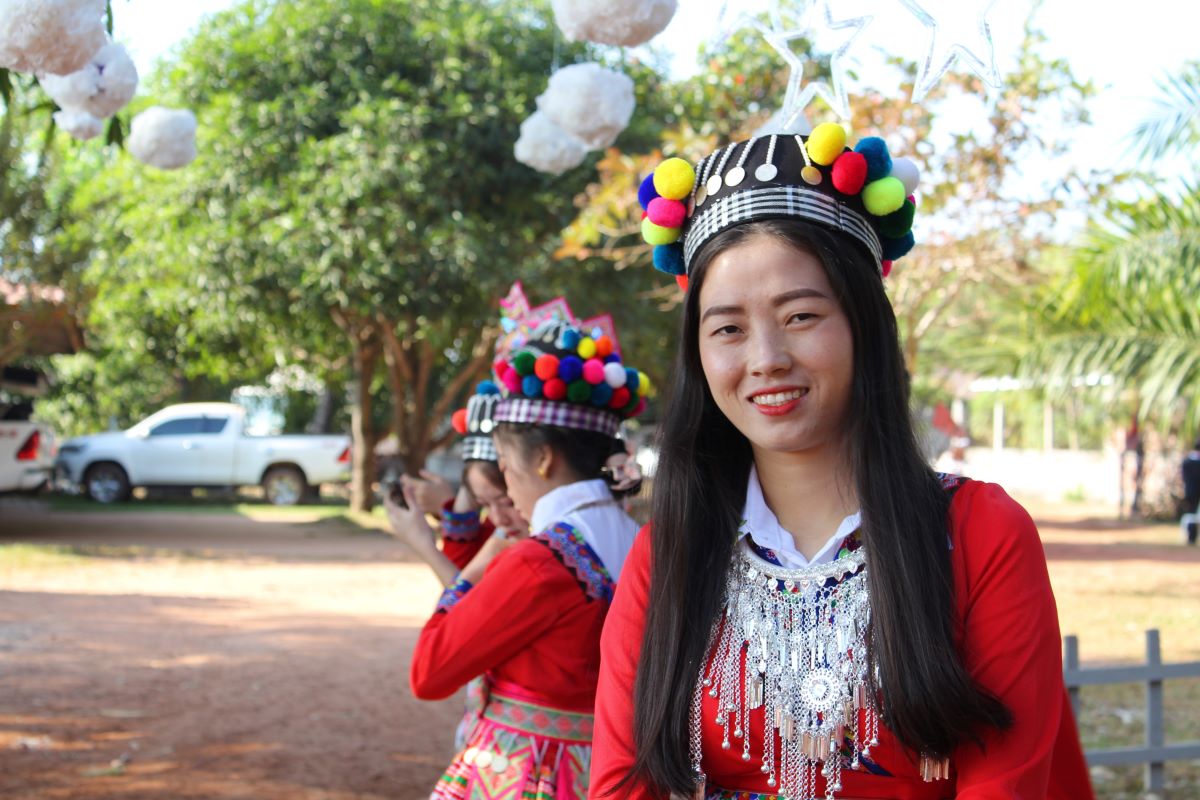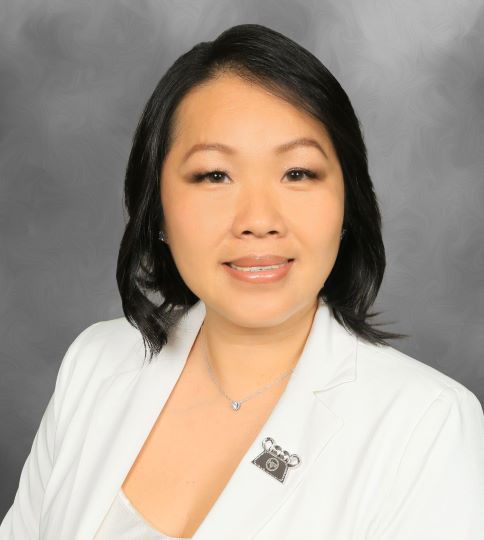By Macy Yang/Hmong Daily News
Dr. Marie Thao-Ceballos’ family emigrated from Laos to Thailand after the end of the war in Laos. Sponsored by a Christian family, in 1979, they arrived in Minnesota, where a predominantly large influx of Hmong immigrants also arrived.
In 2021, Dr. Thao-Ceballos completed her Doctorate of Nursing Practice as a Family Nurse Practitioner; however, for 19 years she’s been practicing as an RN. Most of her career was devoted to trauma, emergency care, and Air Medical Transport as a Life Flight RN.
While in graduate school during the pandemic, Dr. Thao-Ceballos served as a COVID-19 RN not only treating, managing, and educating patients about the virus, but she was also part of a specialized team that was trained to infuse and monitor monoclonal antibody infusions to infected patients.
Today, Dr. Thao-Ceballos practices in Sacramento County in Interventional Radiology, a subspecialty that utilizes a wide range of minimally invasive image-guided therapeutic procedures as well as invasive diagnostic imaging to diagnose and treat a wide range of health conditions such as cancers, chronic kidney failure, treatment of trauma conditions and the management of cardiac conditions.
She currently resides with her husband and four children in a suburb outside Sacramento. Dr. Thao-Ceballos has a passion for collecting antique china, especially fine tea sets.
Is there a cultural influence in the Hmong community when making COVID-19 treatment (vaccination) decisions?
Dr. Thao-Ceballos: Yes, absolutely. In my experience, when it comes to medicine in general, the Hmong community heavily relies on word of mouth both positive and/or negative and a Hmong patient’s experience can either make medicine or break it.
The Hmong community is already skeptical about Western medicine. During the pandemic, the CDC and WHO were providing evolving recommendations about COVID-19, but I feel to the Hmong community we were unreliable resources.
Initially, as COVID-19 was being treated like the flu virus, many saw it as a hoax. As COVID-19 continued to advance and the mortality rates continued to increase, in practice, I heard of various practices in the Hmong community that were believed to “kill the virus and restore health” to the infected person.
How did you dismiss those practices?
Dr. Thao-Ceballos: Practices included drinking sterile urine usually from a significant other or family member, lemongrass steaming sessions, or drinking various tea concoctions that contained a unique key ingredient like opium. Understanding that COVID-19 consisted of evolving symptoms of fever and respiratory symptoms, learning that the Hmong community was drinking unknown amounts of opium to treat the respiratory symptoms of COVID-19 was very concerning.
Urine therapy, although used by many different cultures for centuries, has no scientific data that supports health benefits, especially for the treatment of COVID-19. Much of folk remedies such as lemon grass steaming or the drinking of various tea concoctions to rid the body of toxins also have very little to no scientific purpose.
Education was an absolute priority. Trying to teach how dangerous opium was depressing a patient’s respiratory drive, let alone, the high risk for overdose was at times an uphill battle because “so and so swears by this opium tea in curing COVID-19”. This was a very scary medical time.
The use of folk remedies is not authorized or recommended by any health organization.
Read the full story here: https://hmongdailynews.com/dr-marie-thaoceballos-on-misinformation-cultural-influence-and-the-use-p486-121.htm





